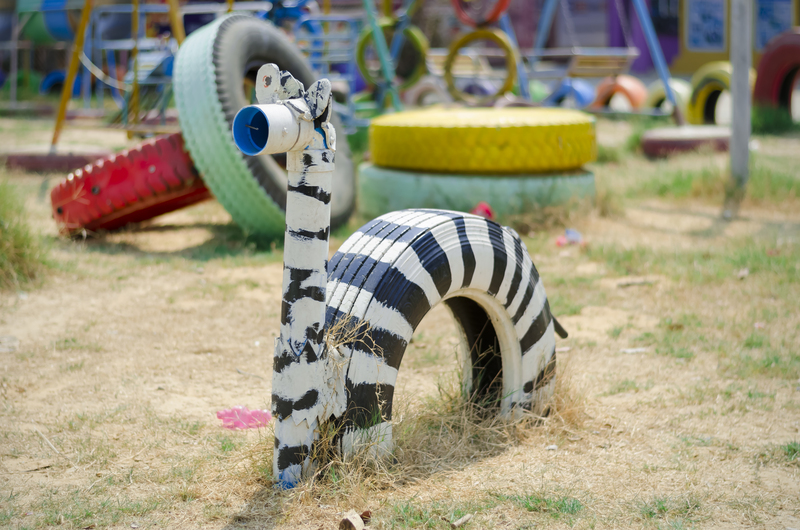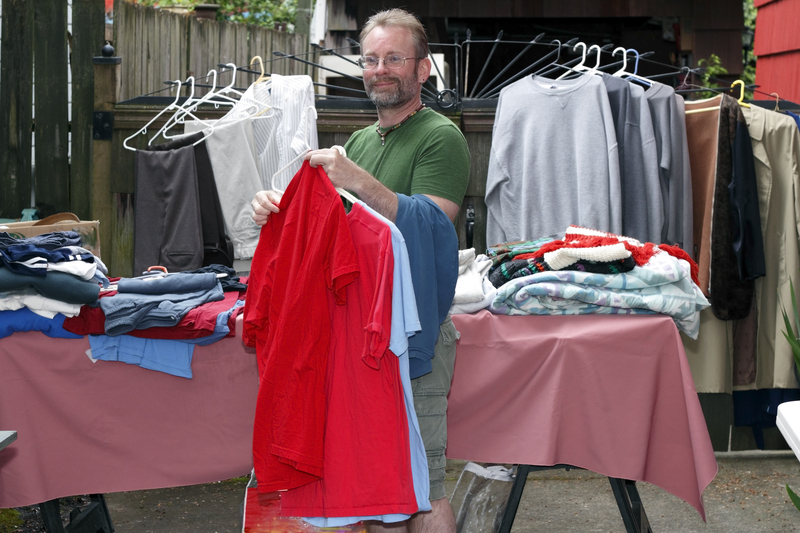Eco-Friendly Methods for Recycling Pots and Pans
Our kitchens are filled with cookware that, over time, may become warped, scratched, or simply no longer needed. Unfortunately, most old pots and pans don't break down naturally, leading to overflowing landfills and wasted resources. Fortunately, there are numerous eco-friendly methods to recycle pots and pans, ensuring that your unwanted cookware is given new life or disposed of responsibly. This comprehensive guide will explore sustainable and creative ways to dispose of your old kitchenware while minimizing environmental impact.
Why Should We Recycle Pots and Pans?
Before delving into eco-conscious recycling techniques, it's important to understand why recycling pots and pans matters. Most cookware is made from valuable metals like aluminum, stainless steel, copper, or cast iron, which can be recovered and reused. By recycling your old pans, you're:
- Reducing landfill waste
- Conserving natural resources
- Lowering greenhouse gas emissions
- Supporting a circular economy
- Preventing harmful chemicals from entering the environment
Environmental Impact of Throwing Away Pots and Pans
When you toss cookware in the trash, it often ends up in landfills, where it may take centuries to break down, if at all. Non-stick coatings can leach chemicals, and metals that could be recycled are lost forever. Responsible recycling ensures materials are repurposed efficiently and safely.

What Types of Pots and Pans Are Recyclable?
Recyclability depends largely on the materials used and local recycling facilities. Most pots and pans are made from the following:
- Stainless Steel: Highly recyclable and often accepted by scrap metal recyclers.
- Aluminum: Lightweight and valuable, aluminum pots and pans can be melted down and reused.
- Copper: Less common but sought after by scrap yards due to its high value.
- Cast Iron: Extremely durable and often repurposed as scrap.
- Non-Stick/Coated: Must have coatings removed before recycling, which some facilities may accept.
Tip: If your cookware has plastic handles, glass lids, or non-metal parts, these may need to be separated before recycling.
Eco-Friendly Methods for Disposing of Cookware
1. Donate Gently Used Pots and Pans
The greenest option is often giving your cookware a second life. If your pots and pans are still usable, consider donating to:
- Charity shops such as Goodwill or Salvation Army
- Local shelters, soup kitchens, or homeless outreach programs
- Community centers or schools with cooking programs
- Online platforms (e.g., Freecycle, Facebook Marketplace, Craigslist)
This not only reduces waste but helps those in need. Donating is one of the most sustainable choices for unwanted kitchenware.
2. Upcycle Old Cookware into Creative Projects
Upcycling transforms your old pots and pans into new, useful items, extending their life and reducing the need for new materials. Here are some innovative ideas:
- Planters or Flower Pots: Drill drainage holes in the bottom and fill with soil for unique, rustic garden planters.
- Wall Art: Arrange pans artistically on kitchen walls, incorporating paint or other design elements.
- Birdbaths or Feeders: Convert large pans into birdbaths for your garden.
- Organizers: Use small pots for holding keys, craft supplies, or even as utensil holders.
- Clocks: Add a clock kit to a round pan for quirky wall timepieces.
Get creative! Upcycling reduces environmental impact and adds personality to your space.
3. Recycle Pots and Pans at Scrap Metal Facilities
If your cookware is beyond repair or reuse, scrap metal yards are your best option for eco-friendly pot and pan recycling. Here's how to do it:
- Remove non-metal parts like plastic handles or rubber grips.
- Separate different metals if possible (some yards may pay more for sorted metals).
- Find a nearby scrap metal recycling center using resources like Earth911 or Recycle Nation.
- Check with your local recycling program to see if curbside collection accepts pots and pans (some do, but most require drop-off).
Note: Coated pans may not be accepted unless you can remove non-stick layers. Always call ahead to confirm guidelines.
4. Return to Manufacturer Take-Back Programs
Some cookware brands offer take-back recycling programs, where you can send old cookware back for responsible recycling. Check with companies such as:
- GreenPan
- Calphalon
- Le Creuset
- Cuisinart
If available, these programs ensure proper material handling and often recycle components that municipal programs can't.
5. Participate in Community Recycling Events
Many cities offer occasional household recycling days where residents can drop off items like cookware that aren't normally accepted at curbside. Check your city or county's website for upcoming events and accepted materials.
6. Repurpose for Camping or Outdoor Use
If your pots and pans are no longer suitable for kitchen use but still structurally sound, consider:
- Taking them on camping trips for outdoor cooking
- Using as backup cookware for picnics or barbecues
- Donating to scout troops, outdoor programs, or wilderness survival classes
Repurposing delays disposal and puts worn cookware to good use.
How to Prepare Pots and Pans for Recycling
To ensure your cookware can be recycled responsibly, follow these steps:
- Remove all non-metal parts (handles, knobs, lids with glass/plastic)
- Clean the cookware; remove food residue or grease
- Sort by metal type if possible; check with scrap yard for sorting requirements
- Bundle similar metals together for easier processing
Taking these small steps increases the likelihood that your items will be recycled, not trashed.
What About Non-Stick or Teflon-Coated Cookware?
Non-stick pans pose a challenge for many recyclers because coatings (like PTFE or ceramic) can't be melted down with metals and may release harmful substances when incinerated. For these items:
- Check with the manufacturer for any recycling or take-back program
- Ask local scrap recyclers if they accept non-stick items (some have special processes)
- Try upcycling or donating if the coating is intact and usable
- If no options exist, dispose as landfill waste, but ensure no hazardous chemicals are released
As technology advances, more facilities are finding ways to safely recycle non-stick cookware. Until then, choose eco-friendly cookware for future purchases--such as uncoated stainless steel, cast iron, or enamel.
Tips for Green Kitchenware Use and Disposal
- Purchase high-quality, long-lasting cookware to reduce waste over time
- Be gentle with non-stick pans--avoid metal utensils and high heat to extend their life
- Repair loose handles or minor damage before discarding
- Switch to recyclable cookware materials for future buys
- Stay informed about local kitchenware recycling services

Frequently Asked Questions About Eco-Friendly Pot and Pan Recycling
Can I recycle pots and pans in my curbside bin?
Most curbside programs don't accept cookware because of their size, weight, and mixed materials. Always check local guidelines--scrap yards are a safer bet.
What happens to recycled cookware?
Most recycled pots and pans are melted down for their metal content, which is then used to make new products, from cars to new cookware.
Can I throw old pans in the trash?
It's possible, but not environmentally responsible. Metals never break down, and non-stick coatings can release toxins. Always seek eco-friendly recycling methods first.
Is it safe to use old non-stick pans?
If the surface is scratched or flaking, it's best not to use them for cooking, but they can still be upcycled or recycled where possible.
Are there organizations that collect cookware for people in need?
Yes! Many nonprofits, shelters, and social service programs welcome usable cookware for community kitchens and client outreach.
Conclusion: Give Your Old Cookware a Green Second Life
Using eco-friendly methods for recycling pots and pans isn't just about responsible disposal--it's a commitment to reducing waste, conserving resources, and protecting our planet. Whether you donate, upcycle, or recycle through a scrap facility or manufacturer, every sustainable action counts.
Make sure to prepare your cookware properly and research local options before taking action. By choosing environmentally conscious methods, you'll keep metals out of landfills, support the circular economy, and ensure that your kitchen legacy is as green as possible.
Your commitment to responsible cookware recycling sets an eco-friendly example for your community--one pan at a time!
